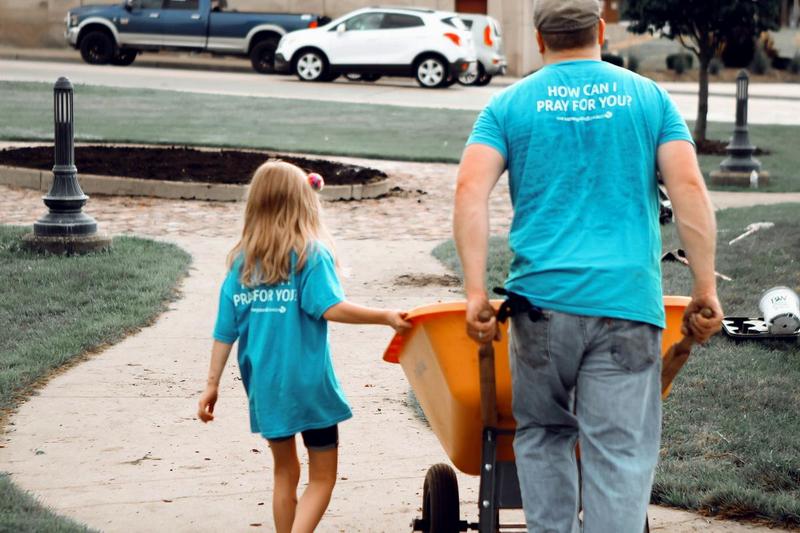Image Source: Unsplash
 Grieving the loss of a loved one or thing brings deep sorrow, and it can seem impossible in some cases. But by drawing close to God and taking practical steps each day to maintain your health, you can grieve healthily and come out stronger than ever.
Grieving the loss of a loved one or thing brings deep sorrow, and it can seem impossible in some cases. But by drawing close to God and taking practical steps each day to maintain your health, you can grieve healthily and come out stronger than ever.
Whether you're grieving the death of a loved one, the end of a friendship, or a shattered dream, there are no shortcuts through the pain. However, seeking God's presence can strengthen your faith because you rely on something bigger than your crushed spirit. And setting healthy goals can help you heal while boosting your confidence in the process. Here are some some practical tips for navigating grief.
Prioritize Quiet Time
First of all, as critical as it is to spend time with friends and family while grieving, no one can provide you with the comfort, grace, and wisdom that God can. Make sure you are making time to spend in His presence every day.Devote time to prayer, and don't hold back your feelings or thoughts. Read the Bible at various points in your day for truth and wisdom for your situation. And consider keeping a journal where you write your most honest thoughts and emotions. No one ever has to read what you write, which means you can be raw. And you can also use your journal to set goals and track your progress.
Make Career Moves
Grief has a way of reminding us how short life is. If you are stuck in an overwhelming or unfulfilling job, this could be your chance to make a major change. Why not establish a path for a career you can be passionate about?One practical step is to return to school for a bachelor's, master's, or doctorate. These days, many online programs allow you to earn a degree while still tending to your full-time job and other responsibilities.
Whether you are interested in business management, IT management, accounting, or any other field, you can earn an online business degree without leaving your house. Besides boosting your career prospects, achieving this goal could be a boon for your mental health.
Eat Whole Foods
It can be challenging to maintain a decent diet when you're grieving. Not only do anxiety and depression have a way of suppressing the appetite, but the physical symptoms of grief can sometimes make it hard to eat. When you have a craving, it might be for empty carbs and other comfort foods.However, you must feed your body essential minerals and vitamins to function and keep up with grief's emotional and physical demands. Stick to lean proteins, healthy fats, fruits, vegetables, and other whole foods that will provide you with much-needed energy and benefit your long-term health.
Build a Fitness Routine
Regular exercise will not eliminate your grief, but it's a critical coping tool that can reduce depression, anxiety, and loneliness symptoms. The health benefits of maintaining a fitness routine are as broad and deep. Exercising can also provide opportunities to interact with others and keep your mind off of your grief for short moments. Fortunately, there are countless physical activities to try, including:- Walking
- Running
- Weightlifting
- High intensity interval training (HIIT)
- Swimming
- Cycling
- Recreational sports
Listen to More Music
Listening to music can help you battle anxiety, stress, depression, and other common grief symptoms. Immerse yourself in worship music throughout the day. Listen to it on your morning commute, as you relax at home, and while you go through your daily workouts. It will boost your mood and help you keep your mind on heavenly things.If you are experiencing heavy grief, don't rely on yourself to get through it. And don't depend solely on your friends and family either. Seek God with everything you have, set healthy goals you can attain, and ask God for grace to move your life in the right direction. He will respond because He is faithful!

